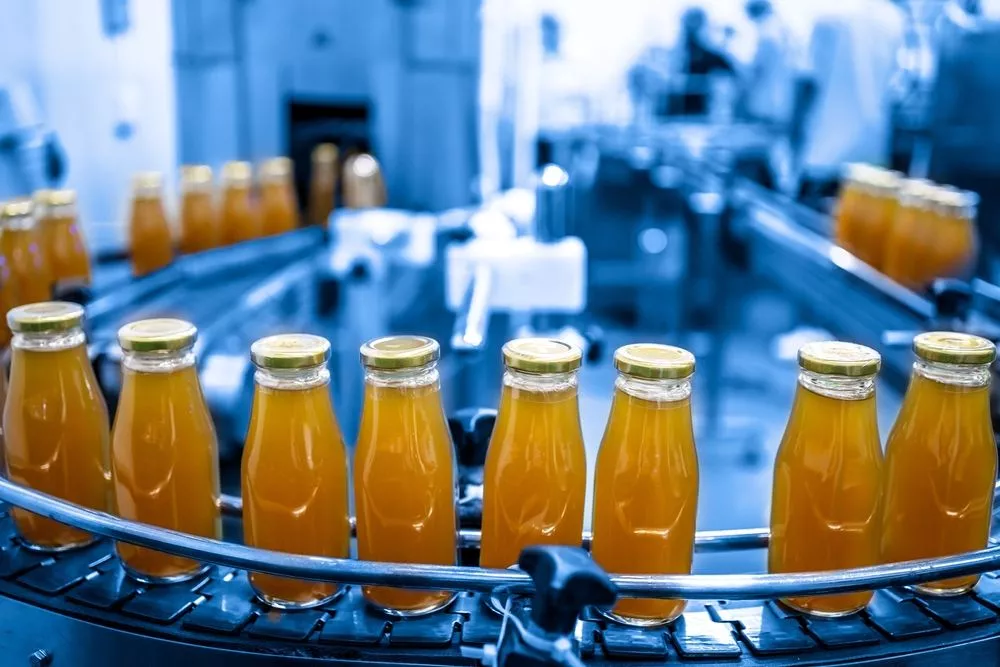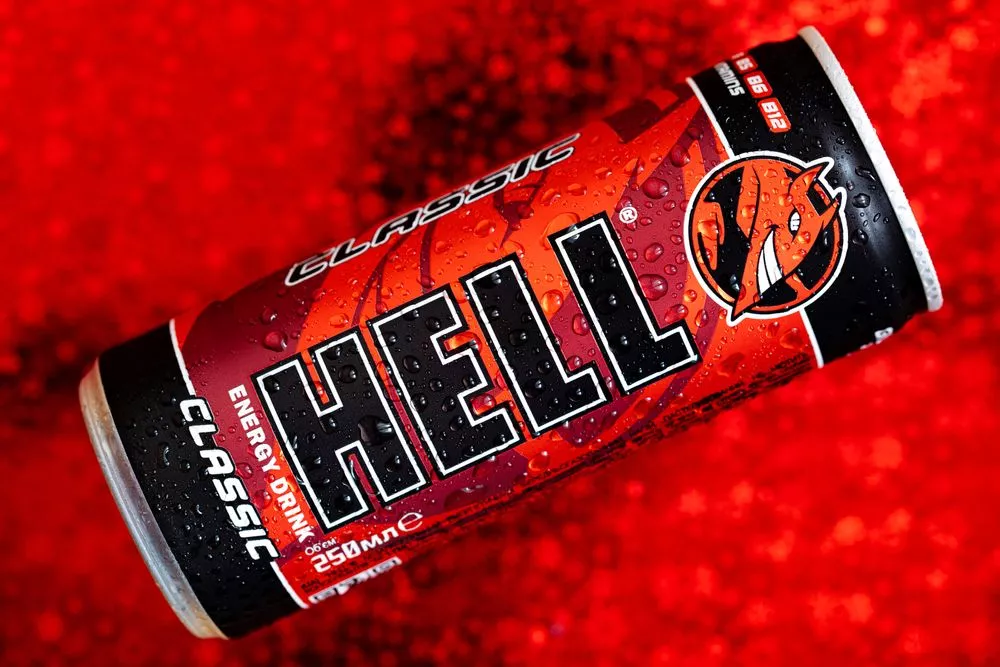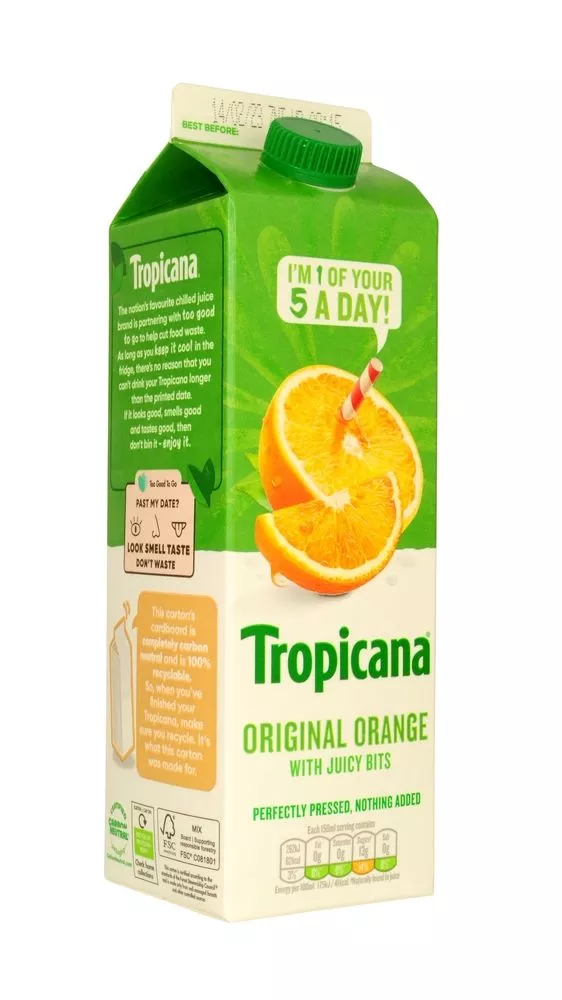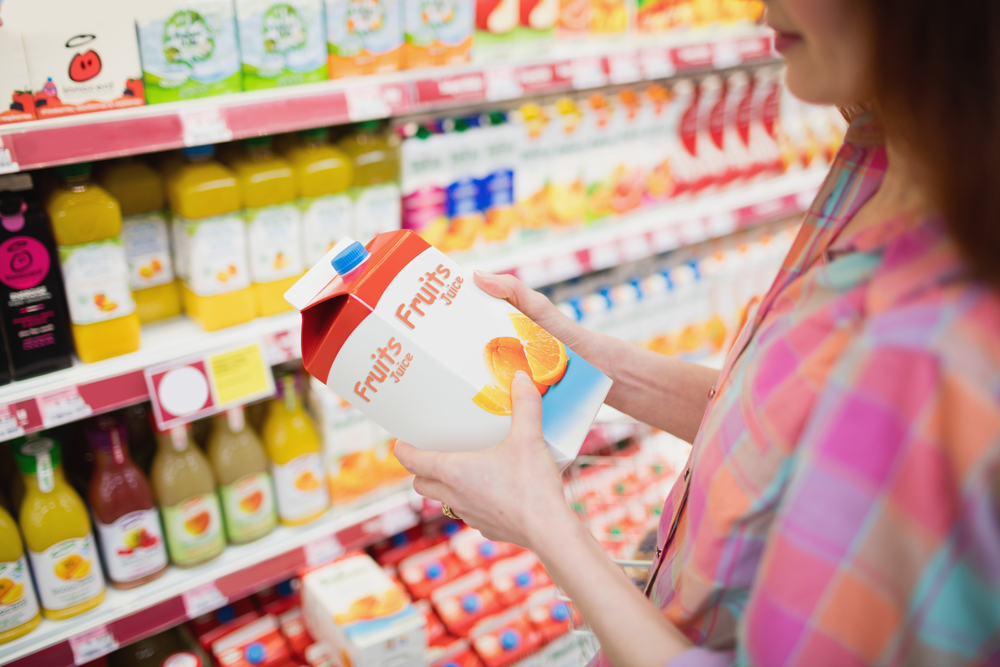7 Best Types of Sustainable Beverage Packaging
Environmental consciousness is becoming increasingly prevalent among consumers. Consequently, traditional beverage packaging, often synonymous with excessive waste and environmental degradation, is also undergoing a shift towards sustainability. This shift is not only a response to consumer demands for eco-friendly practices but also a necessary step to mitigate the industry’s ecological footprint.
The role of sustainable beverage packaging in this context is pivotal, as it can actively contribute to waste reduction, resource conservation, and the overall mitigation of environmental impact.
Businesses making an effort towards sustainability must now understand the essential characteristics of eco-friendly packaging. Whether this is through the use of renewable and recyclable materials or the reduction of carbon emissions, multiple factors converge to shape sustainable packaging design.
This article will explore various sustainable beverage packaging types your brand can consider while implementing strategies aligned with eco-friendly principles.
7 Types of Sustainable Beverage Packaging
Sustainable and responsible beverage packaging must not only conform to retail standards but also exemplify a commitment to environmental responsibility. Discover the best types of sustainable beverage packaging and embrace a future where refreshment comes without a hefty ecological toll.
1. Glass
Glass packaging is an ideal material for eco-friendly beverage packaging due to its recyclability without loss of quality and durability. It’s easy to clean and transportable, making it appealing to consumers.

More importantly, glass packaging can be discarded with minimal negative environmental impact. It contributes to a circular economy by facilitating endless recycling without compromising the integrity of the material.
2. Aluminum
Known for its high recyclability, energy efficiency, and versatility, aluminum serves as a sustainable alternative for beverage containers. It can be recycled indefinitely without compromising quality, contributing to a closed-loop recycling system. The material’s lightweight nature also reduces transportation-related emissions.

Aluminum cans, for instance, typically require fewer resources, such as energy and water, during the manufacturing process. Their lightweight nature also reduces transportation-related emissions, resulting in a lower carbon footprint.
3. Paperboard
Recycled paperboard, derived from post-consumer waste, contributes to a closed-loop system that can lead to better conservation of natural resources. The material is versatile and adaptable, making it an ideal choice for sustainable beverage packaging.

By utilizing recycled fibers, brands can not only enhance their eco-credentials but also actively contribute to the reduction of landfill waste. Beverage cartons made from responsibly sourced paperboard and plant-based or water-based coatings provide a sustainable alternative to plastic bottles. These cartons are lightweight, recyclable, and often come with high renewable content.
4. Minimalist design
Minimalist packaging revolves around the strategic elimination of unnecessary components, streamlining design, and minimizing excess materials. These can contribute to packaging waste reduction and communicate a brand’s commitment to simplicity and clarity while resonating with environmentally conscious consumers.
5. Plant-based materials
Plant-based packaging derived from renewable sources like cornstarch, sugarcane, or algae has gained popularity. For instance, bioplastics offer comparable functionality to traditional plastics while being compostable or biodegradable.
Sugarcane-based polyethylene is a plant-based material typically used to create bottles that are both recyclable and derived from renewable sources. These bottles have less environmental impact compared to traditional petroleum-based plastics.
6. Refillable and reusable packaging
By encouraging consumers to refill or reuse containers, brands actively contribute to waste reduction. The durability and longevity of such packaging options further emphasize their positive environmental impact.
Reusable glass bottles serve as eco-friendly alternatives to single-use plastic milk containers in the dairy industry. Consumers purchase milk in glass bottles and return them in-store or at designated drop-off points. The bottles are then collected, sterilized, and refilled for future use.
The brewing industry has also embraced reusable packaging in the form of refillable kegs for draft beer and other beverages. These stainless steel or plastic kegs can be cleaned, refilled, and transported back to the brewery or beverage distributors, reducing the environmental impact of single-use cans or bottles.
7. Smart packaging solutions
Smart packaging integrates technology to enhance the functionality and sustainability of beverage packaging. This includes features like QR codes for recycling information, RFID labels for freshness monitoring, and interactive elements that engage consumers. Such innovations contribute to a more informed and conscientious consumer base.
Today, QR codes on beverage bottles can allow consumers to tap their smartphones to access information about the product’s lifecycle, including details about the sourcing of ingredients and the brand’s sustainability initiatives. This transparency fosters trust and encourages environmentally conscious purchasing decisions.
Sipping Sustainability: Craft a Greener Future for Beverage Packaging
From the strategic selection of eco-friendly materials to the implementation of innovative designs, today’s beverage packaging strategies are no longer merely about how to store drinks for consumption.
Beverage companies must now explore and implement strategies such as life cycle assessments, eco-design principles, or collaborations with reliable sustainable packaging manufacturers. By doing so, they can ensure their packaging is truly eco-friendly and aligns with the principles of sustainability.
For further insights into eco-friendly, folding carton packaging and innovative designs, reach out to Meyers experts. Let’s start crafting a future where refreshment and responsibility go hand in hand.

